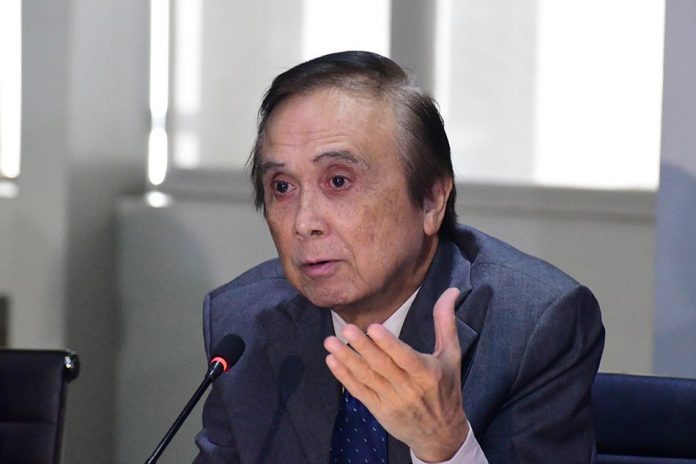
MANILA– The country’s chief economist on Tuesday cautioned against the proposed suspension of rice importation by some sectors to address the issues faced by local farmers resulting from the Rice Tariffication Law, saying this move can trigger inflation.
“We will be back to where we were last year and the poor will suffer,” Socioeconomic Planning secretary Ernesto Pernia told reporters on the sidelines of Monitoring and Evaluation Forum.
Pernia, also the director-general of the National Economic and Development Authority (NEDA), said inflation for the 30 percent poorest has already declined to 0.9 percent.
The country’s inflation rate surged to a nine-year high to 6.7 percent in September 2018 due to higher food prices caused by supply disruptions following the onslaught of a typhoon.
It declined to a three-year low to 0.8 percent in October 2019 due to lower food prices. The Rice Tariffication Law continued to help increase rice supply thus allowing more Filipinos to access cheaper rice, a NEDA official earlier said.
“The much bigger majority are benefitting,” Pernia added.
However, the implementation of the Rice Tariffication program, which allows the expansion of the private sector’s role in the import market, has been blamed for the steep drop in farm-gate prices of palay.
But Pernia said there are already measures that will alleviate the “difficulty” of rice farmers.
He was referring to P3-billion cash assistance given to 600,000 rice farmers tilling one hectare of land and below affected by the low palay prices.
The Department of Agriculture said additional P3-billion cash aid will be allotted for rice farmers tilling 1.01 hectares to two hectares next year. (PNA)







